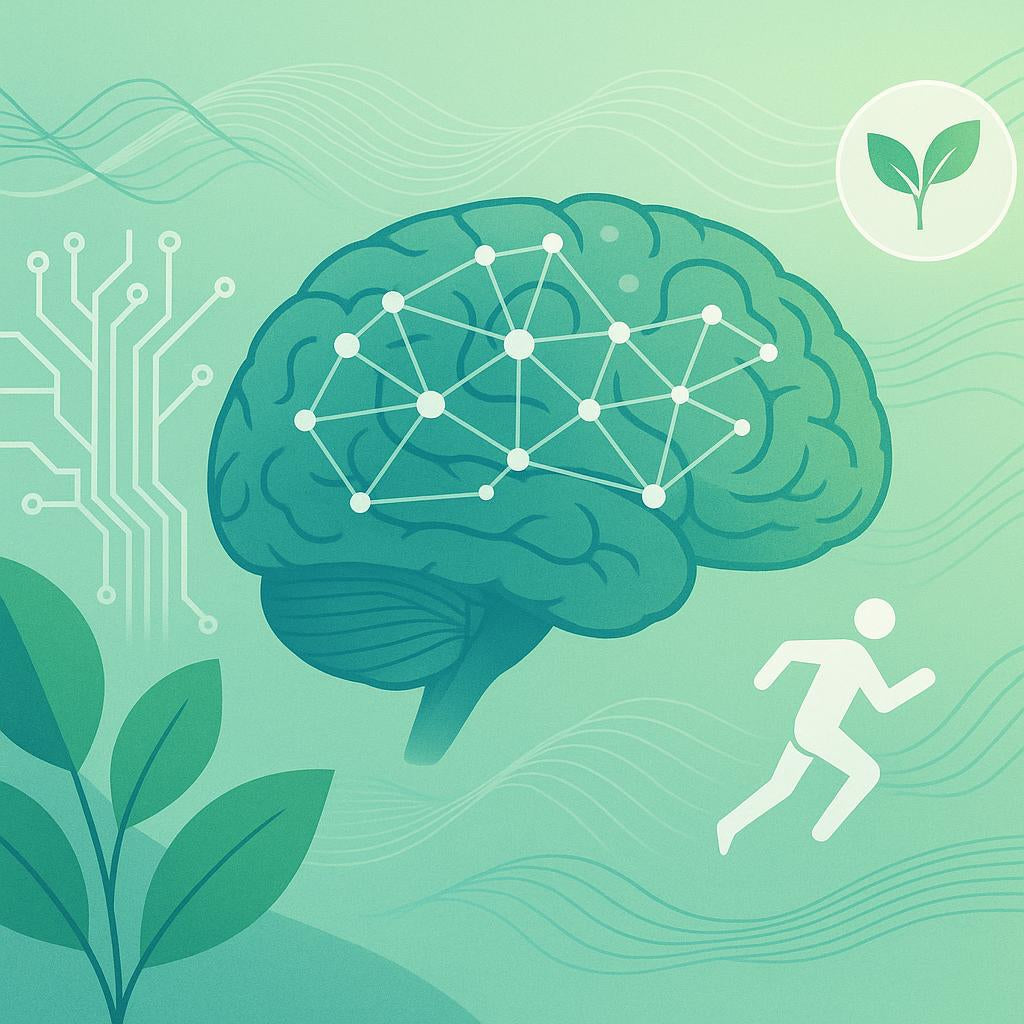Advancing Brain Health: Novel Approaches to Post-Concussion Syndrome
•Posted on September 22 2025

Post-concussion syndrome can be a hidden challenge—one that lingers silently until its symptoms impact daily life. Traditional imaging techniques often fail to detect the subtle yet significant changes in the brain’s network following a concussion. Dr. Mark Allen of Cognitive FX in Utah offers a pioneering approach to rehabilitation, harnessing the power of functional MRI (fMRI) to tailor individualized therapies. In this comprehensive guide, we'll delve into the advanced, multidimensional strategies for dealing with post-concussion syndrome and optimizing brain health.
Functional MRI: Beyond Conventional Imaging
Unlike standard MRIs, functional MRI offers a dynamic view, revealing the brain's activity in real-time. This technology allows clinicians to identify disruptions within the brain's network post-concussion, guiding targeted rehabilitation efforts. Dr. Allen highlights the importance of fMRI in distinguishing live, yet malfunctioning neurons from effectively functioning networks.
A Multi-faceted Approach to Brain Rehabilitation
1. Engaging Neuroplasticity
Neuroplasticity, the brain’s ability to reorganize and form new connections, is crucial for recovery. Dr. Allen emphasizes sustained, intensive cognitive and physical activities as a cornerstone of therapy. This approach demands a dedicated, continuous effort, compelling the brain to adopt healthier patterns through consistent stimuli.
2. The Role of Intensive Therapy
Dr. Allen's clinic operates on a unique principle: immerse patients in back-to-back therapies over the course of one to two weeks. This concentrated regimen forces the brain to reorganize its networks effectively, overcoming the stubborn, maladaptive patterns that cement post-concussion.
3. Implementing HIIT and Cognitive Stimulation
High-Intensity Interval Training (HIIT), combined with cognitive exercises, significantly enhances recovery. As Dr. Allen suggests, alternating bursts of intense physical activity with relaxation tricks the autonomic nervous system into promoting the release of brain-boosting chemicals.
Home-Based Strategies: Self-Directed Recovery
While specialized clinics offer comprehensive care, not everyone can access these resources. However, individuals can still engage in effective recovery practices at home:
- HIIT Routine: Implement quick, high-intensity workouts followed by periods of rest to maximize brain rejuvenation.
- Cognitive Challenges: Engage in brain games immediately after physical exercise to leverage the brain’s heightened state.
- Symptom Aggravation Therapy: Safely push the limits of dizziness and balance to encourage adaptation.
The Future of Brain Health: Embrace the Possibilities
Cognitive FX sets a new bar for post-concussion therapy, merging cutting-edge technology with personalized care. Dr. Allen’s work underscores a crucial message: don't succumb to static solutions or misdiagnoses. Proactive, integrative care can restore function and vitality post-concussion.
Conclusion: Rewriting Your Brain's Future
Recovery from post-concussion syndrome is not beyond reach. With dedicated, scientifically-backed approaches, rebuilding brain health is in your hands. Engage with effective therapies, leverage innovative technologies like fMRI, and embrace a new narrative of resilience and recovery.
Watch Lisa's interview With Dr Mark Allen Here